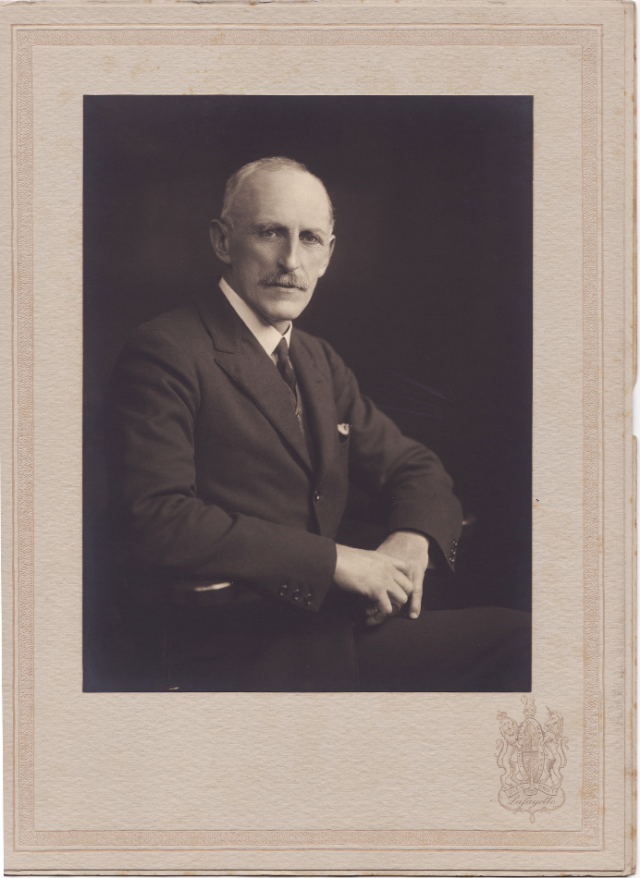If ‘Adventure’ was essential to Calderon, as Kittie said, what part did this play in his so desperately wanting to get to the Front? Probably quite a lot, as my last quotation in ‘Thirty Quotes from George Calderon’ on this blog suggests.
It is well known that upper- and middle-class Edwardian women were attracted to being V.A.D. nurses also by the ‘adventure’ it promised — a form of emancipation from their conventional social identities. But although their experiences were every bit as visceral and traumatic as the men’s (see Vera Brittain’s Testament of Youth or Enid Bagnold’s A Diary without Dates), they were in less danger of being killed outright or physically maimed. For the men to say that they were going to Flanders ‘for the adventure’, strikes us as chillingly trivial or romantic. Did they actually believe with Peter Pan that ‘to die will be an awfully big adventure’?
This could only be entertained by someone who did not know, could not yet imagine, what dying on a World War I battlefield was like. And it is one of the most difficult things, I find, to get one’s head round today about the attitudes of public school men like George Calderon to signing up in the first year of the war.
Next entry: A correction?
























A correction?
It was perhaps a bit glib to say in the blog for 30 August that the B.E.F. ‘simply had to regroup’ etc. However, Arthur Moore in The Times was certainly wrong to describe the B.E.F. as a ‘broken army’, and Sir John French wrong to believe it had to ‘refit’ beyond the Seine. It represented about 3% of the allied force and the French Fourth, Ninth, Fifth and Sixth Armies were now protecting it. The B.E.F. needed rest, but it was possible to re-energise it to go on the attack — as events would shortly show.
Next entry: 4 September 1914